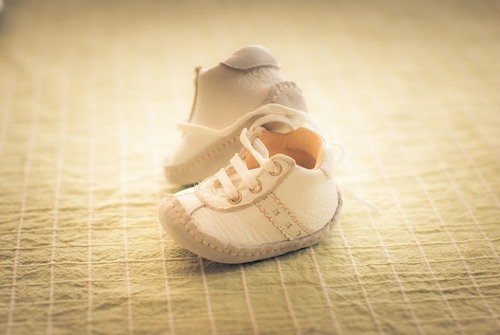Ageing
A woman’s age has an ever-increasing effect on her ovulation and will eventually stop her ovulating altogether when she reaches menopause. That usually occurs at about age 51 or 52 but before that a reasonably consistent level of fertility is maintained until, roughly, age 35. Between 35 and 40 fertility declines rapidly with the chance of a successful pregnancy being about two thirds lower at the end of this crucial 5 year period. A lot of this is to do with the quantity and quality of the eggs being produced. Women are born with 200,000 to 300,000 follicles each of which will contain an egg. Many will start to develop each month in the natural course of events after puberty but only one will mature and the rest of that month’s crop will perish. The cumulative effect of this is that the reserve of follicles remaining drops by half every 10 years. This doesn’t have much effect on fertility until after age 35 but by then there might be only about 10% of the original reserve remaining. Thereafter fertility drops in parallel with the drop in the follicle reserve. At menopause there are usually about 1000 eggs remaining even though ovulation ceases.
Premature Ovarian Failure
The natural ageing process described above can be charted to show how average fertility starts declining at 35 and ends altogether at 51. Approximately 11% of women will reach menopause early. For reasons still unknown, their rate of fertility decline will follow the same timeline as normal. Therefore their fertility will start declining before the age of 35. For these women it is important to start their families earlier.
Irregular Ovulation
This can be caused by certain conditions as well as by advancing age. Without ovulation and its associated menstrual cycle, a follicle does not mature and produce an egg, and pregnancy is impossible. Fortunately these conditions can usually be corrected.
Polycystic Ovaries
This condition can cause multiple follicles to form but not to mature and release an egg, thereby causing monthly ovulation to become irregular or cease altogether. Some 20% of all women are affected by this condition.
Poor Quality Eggs
Age again, is the culprit here as genetic abnormalities within eggs are more prevalent with increased age. There are also certain inherited genetic conditions which can reduce fertility.
Ovarian Cysts
Not to be confused with ovarian follicles, ovarian cysts are fluid-filled structures within the ovary. They can hinder ovarian function but they are more often harmless. Large cysts can be surgically removed but this must be done carefully to ensure that no viable ovarian tissue is removed or scarred.

